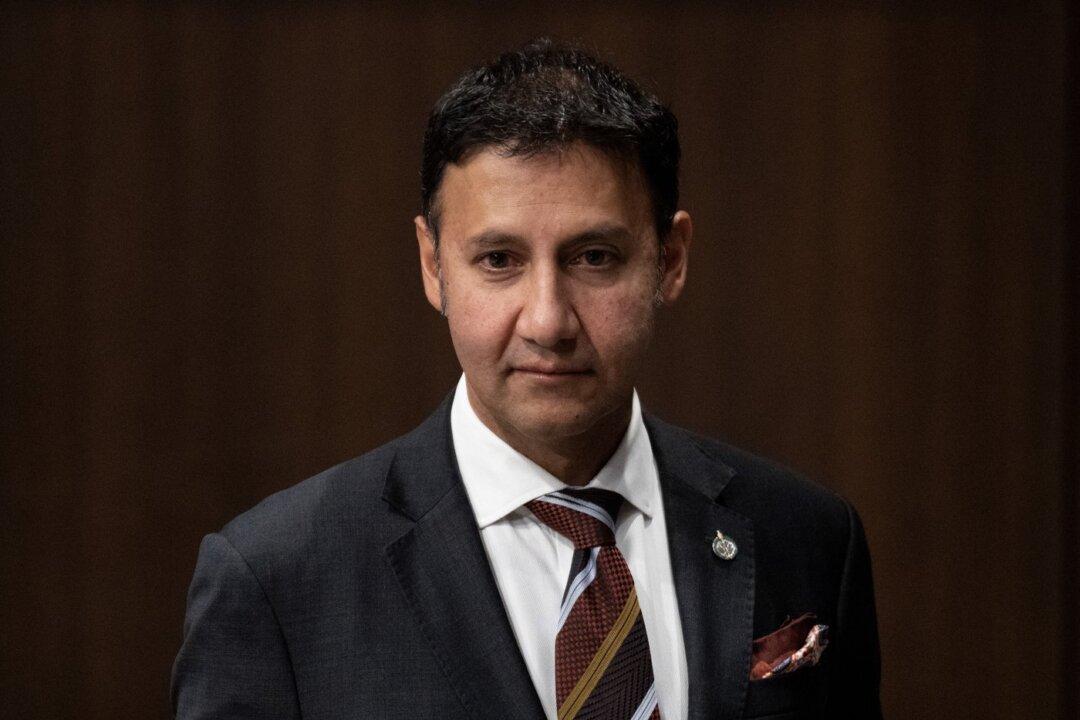The federal government will not commit to disclosing a confidential list of 20 suspected Nazi fugitives who came to Canada after World War II.
The list was compiled in 1985 by a federal war crimes commission. Led by Quebec Court of Appeal Justice Jules Deschenes, the commission identified around 200 unnamed suspects in its public report. But there was a second secret report that identified 20 accused Nazis along with recommendations on prosecution. That list has remained secret under the Access to Information Act.





